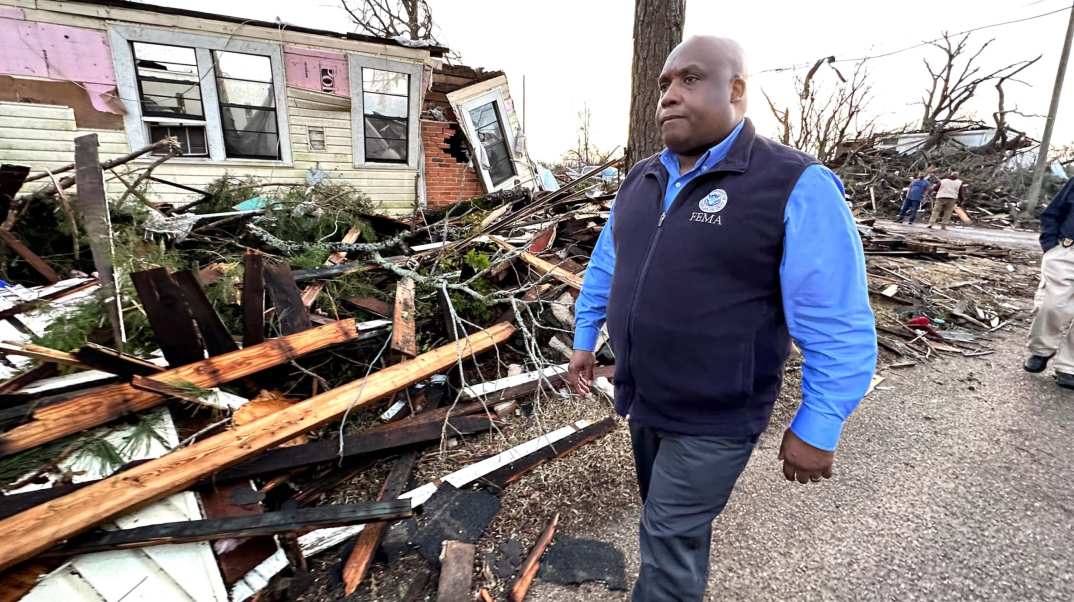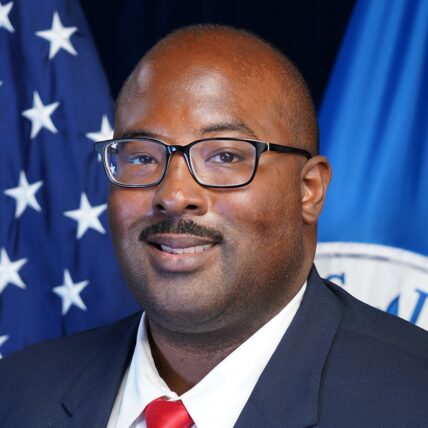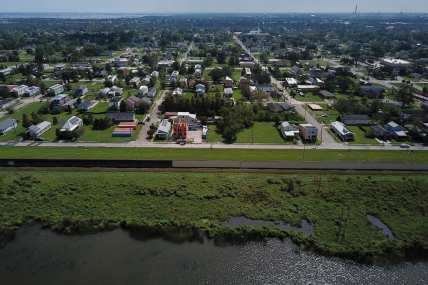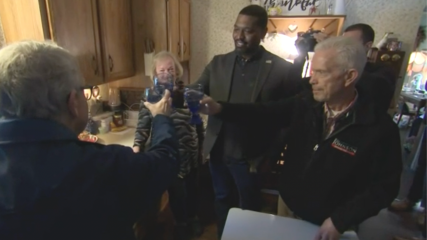What Black leaders taught me about helping people in a crisis
OPINION: As the threat of climate change grows more urgent, particularly for Black communities, FEMA is building coalitions with Black-led organizations to better prepare our communities when disasters strike.

Editor’s note: The following article is an op-ed, and the views expressed are the author’s own. Read more opinions on theGrio.
For more than a dozen years, emergency management has taken me across the nation. Since 2021, I’ve had the honor of helping people before, during and after disasters as part of the Biden-Harris administration. Along the way, I’ve been humbled by stories of neighbors stepping up in times of disaster and by the work of faith-based, community and private-sector leaders addressing the issues these events exacerbate.
The threat of climate change makes this work more urgent and necessary.
We see a shift in thinking about the impact climate change has on the nation as natural disasters become more frequent and destructive. In 2022, 18 disasters were responsible for more than $1 billion in losses across the United States, breaking records set only a few years ago.
As is often the case, the impact of this problem hits our communities harder. The EPA’s 2021 Climate Change and Social Vulnerability report found that just 3.6 degrees Fahrenheit of global warming — which could happen in two to three decades — would have major implications on African Americans’ health.
Under this scenario, Black people would be 34% more likely to live in areas with the highest projected increases in childhood asthma cases and 40% more likely to live in places with the highest projected increases in extreme temperature-related deaths.
The time for action is now.
My agency, the Federal Emergency Management Agency (FEMA), understands that much work needs to be done to take on this challenge. Deputy Administrator Erik Hooks, the first African American to hold this post in FEMA’s history said, “At this moment in history, FEMA has committed to take on the challenges our nation faces from the impact of climate change and promoting climate resilience in all our communities.”
This realization shaped the development of FEMA’s 2022-2026 Strategic Plan to guide our work and improve how we serve people and increase equity to become the emergency management agency our nation needs and deserves.
We have started this process by changing policies that historically kept thousands of Black families from receiving disaster aid, making substantial investments in underserved communities like Princeville, N.C., and working with Black-led organizations, and others, to develop recommendations on Building Alliances for Climate Action and Equitable Resilience and putting forward initial commitments to Justice 40 to increase equity and community resilience, and the community disaster resilience zones.
FEMA cannot do this alone. Preparing our communities for a changing world requires a coalition-driven approach to building climate resilience — and it will take all of us to do so.
Fortunately, there is an abundance of Black leaders across the United States who have firsthand experience to help our communities when disasters strike.
Dr. Atyia Martin, former chief resilience officer for the city of Boston and convener of the Black Resilience Network, and Dr. Nicolette Louissaint of the Healthcare Distribution Alliance are two incredible experts in the field of emergency management working each day to strengthen disaster and climate resilience. Creating a diverse community of first responders who look like the people they serve is the goal of Chauncia Willis and Curtis Brown, co-founders of the Institute for Diversity and Inclusion in Emergency Management.
As people experience some of the most difficult days of their lives, they will need the emotional support of people like Dr. Annelle Primm of the All Healers Mental Health Alliance, which provides culturally competent responses to the mental health needs of disaster survivors and their caregivers.
We need culturally relevant leaders like Rev. Lennox Yearwood of the Hip Hop Caucus, Rev. Dr. Miriam Burnett of the African Methodist Episcopal Church, Felecia Lucky of the Black Belt Community Foundation, Jacqueline Patterson of the Chisholm Legacy Project, Abré Conner of the National Association for the Advancement of Colored People and Dr. Dawn Baldwin Gibson of the Peletah Institute for Building Resilient Communities, who have deep roots in their communities and are trusted voices with the weight and credibility to strive toward climate resilience.
While we can turn to leaders and organizations for guidance, much of the work that needs to be done comes down to us taking simple steps to prepare for emergencies.
Monica Sanders, founder of the Undivide Project, authored a must-read blog with disaster tips for Black communities that can get you started. At FEMA, we also have resources that can help families create emergency communication plans, such as Ready.gov, and our new mobile app can connect users to real-time weather alerts and more.
I have learned so much from these people and have become better at listening to those affected by disasters thanks to their lessons. I hope you can learn from them, too.

Marcus T. Coleman Jr. is the director of the Center for Faith-Based and Neighborhood Partnerships at the Department of Homeland Security, one of several Centers of the White House Office of Faith-Based & Neighborhood Partnerships.
TheGrio is FREE on your TV via Apple TV, Amazon Fire, Roku, and Android TV. Please download theGrio mobile apps today!


